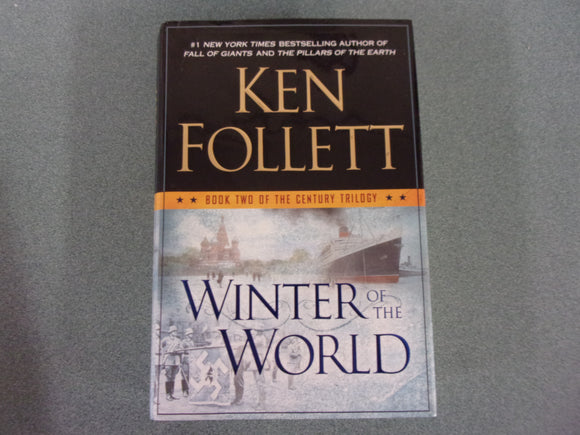


Indeed, most of the progeny here spend at least some of the time correcting the mistakes of their parents’ generation: Carla von Ulrich becomes a homegrown freedom fighter in Germany, which will have cliffhanger-ish implications at the very end of this installment, while Lloyd Williams, son of a parliamentarian across the Channel, struggles against both fascism and communism on the front in the Spanish Civil War. Scrupulous in giving characters major and minor plenty of room to roam on the stage, Follett extends the genealogy of the families introduced in the first volume, taking into account the twists and turns of history: If Grigori Peshkov was a hero of the Bolshevik Revolution, his son Volodya is a dutiful soldier of the Stalin regime-dutiful, but not slavishly loyal. Follett’s big project, it seems, is to reduce the bloody 20th century to a family saga worthy of a James Michener, and, if the writing is less fluent than that master’s, he succeeds. The clash in question, though, is a squabble between journalist Maud von Ulrich, née Lady Maud Fitzherbert-no thinking of Brigitte Jones here-and hubby Walter, a parliamentarian headed for stormy times. It makes sense that Follett would open with an impending clash, since, after all, it’s Germany in 1933, when people are screaming about why the economy is so bad and why there are so many foreigners on the nation’s streets. Follett continues the trilogy begun with Fall of Giants (2010) with a novel that ranges across continents and family trees.


 0 kommentar(er)
0 kommentar(er)
